13 Egyptian Foods Packed with Nutrients
June 10, 2013We make fun of how fattening our cuisine is, we speak of the mashy (stuffed vegetables) and our dear old koshary (pasta, lentils and rice topped with sauce). But not all our Egyptian classics are bad for you, in fact, some are actually brilliant for your digestion and overall health.
So here are foods that you should actually gobble up when your great aunt insists you eat everything on the dining room table because you look rather weak and skinny.
Shorbet ‘ads (lentils soup): Not only is it great in winter, lentils are significantly high in protein, which means they are staples for vegetarians, and a 100 grams serving offers half a person’s daily iron needs. It is also a great source of fiber, folic acid, zinc and potassium and is known to lower cholesterol levels.
ol’as (Taro): We can imagine the fights that went on between you and your grandmother who tried to convince you that a food called ol’as that looks like a combination of potatoes and molokheya isn’t that bad. If attempts to make you try taro have failed, we advise you to do try it. The dish isn’t actually that bad but it is packed with benefits. Taro is a root that although similar to potatoes has much more nutritional values.
Taros are packed with fibers and have a low Glycemic Index, which means it is good for your digestion, curbs your appetite and maintains healthy blood sugar levels. They are also great sources of potassium, calcium, vitamin C, E and B, copper, protein, manganese and magnesium.
Molokheya (Jews Mallow): Molokheya is a favorite in the Egyptian cuisine, and for a good reason too; it promotes healthy blood circulation, which means it is an aphrodisiac, and also a natural laxative and antioxidant. It is packed with betacarotene, magnesium, potassium, iron, vitamin C, K and E, calcium, minerals and antioxidants.
Bamya (okra): Okras, when cooked without loading it with fats, can be a rather healthy dish. It is low in calories and has no saturated fats or cholesterol, but rich in fibers, minerals and vitamins. It is an anti-oxidant and rich in vitamin B and folic acid.
Mesaka’a (eggplant dish): Like okras, eggplants, when cooked healthy, can be great sources of vitamins. Cut out the fat in the mesaka’a through baking it instead of frying it and you got yourself a dish that serves as a mild laxative, diuretic, antioxidant and a great source of iron.
Khobeiza (Common mallow): Khobeiza comes from a plant with versatile uses. Much like molokheya, it is used as a laxative and is an antioxidant, but it is also a great expectorant and soothes dried coughs’ irritation.
Foul, Ta’meya (falafel) and Beisara: These are all made of fava beans and are all very popular dishes with Egyptians. Fava beans are packed with protein, much like lentils, which means they are excellent substitutes for meat and poultry. They are also rich in fibre, minerals like iron, manganese and copper, and have high GI, which make them great for diets.
Kebda Iskandarany (Alexandrian liver): Liver has many nutritional values, it is low in calories and fat but packed with vitamins, copper and, most importantly, iron. It is high on the list of foods prescribed to people with anemic tendencies and are known to boost your brain’s functions.
Kaware’ (shin of beef): Although it doesn’t look too appealing, to say the least, it is known to aid your bones and cartilage.
Doum: This odd fruit is known to lower blood pressure, helps ease nerves and is a great antioxidant that helps prevent cancer and helps lower cholesterol.
Belila: Made of whole wheat grains, belila is, much like whole wheat, a bit controversial. While whole wheat might mean digestive haven for some, others flee from it as it is rather hard to digest. It does, however, lower sugar levels and boosts metabolism.
Assal w Tehina (molasses and tahini): This high-calorie treat is packed with nutritional values but
needs to be enjoyed as part of a healthy, active lifestyle. Tahini is rich in minerals, including magnesium and iron, and is an anti-oxidant packed with various vitamins. It also helps promote healthy skin and muscle tone and a rich source of protein. On the other hand, molasses is one of the richest foods you can come across, only one tablespoon of molasses provides 20% of your daily need for calcium and magnesium and 40% of your recommended iron intake. It aids with acne, anemia, constipation, depression and fatigue.
Termes (lupinus): Termes is yum to munch on, but it is also good for the heart and digestion, lowers blood sugar level and is a good diuretic. It is filled with fiber and protein and promotes weight loss.
Editor’s note: Look out for next week’s article on healthy Egyptian drinks and how to modify them for a healthier after iftar treat.

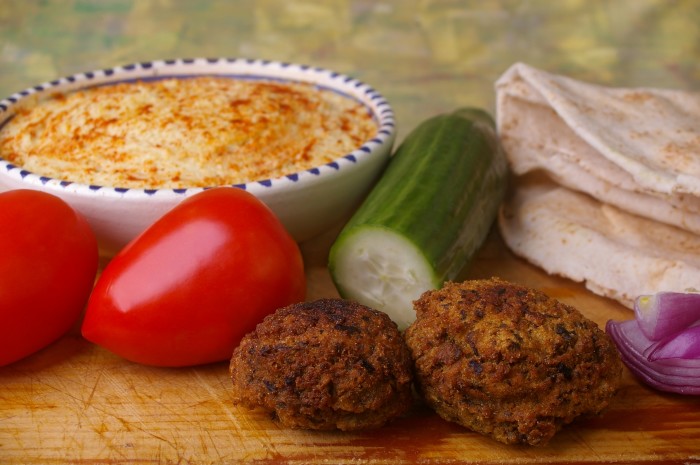
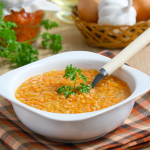
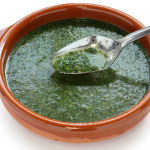
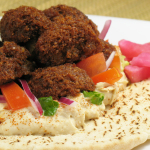
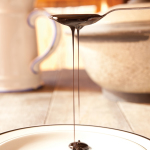
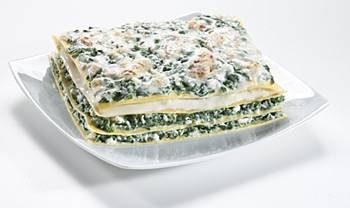
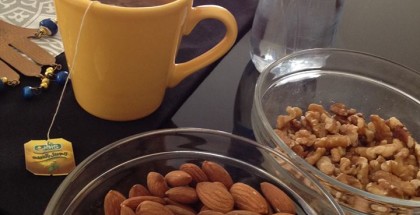
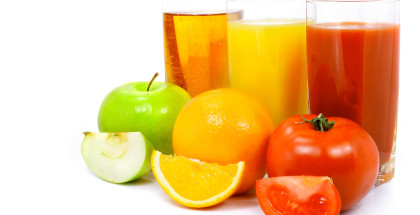
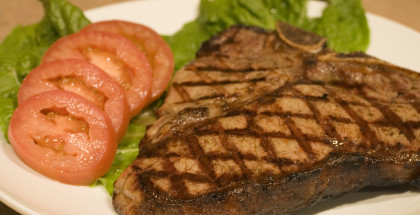
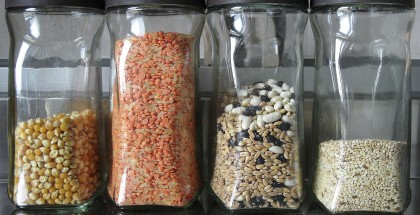
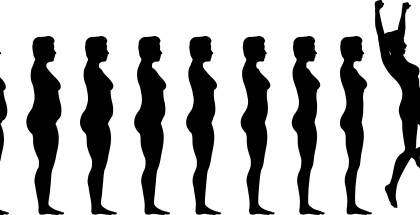
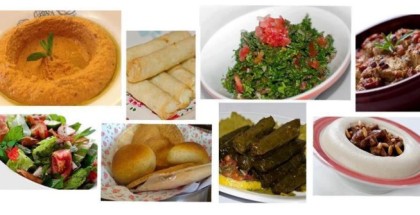
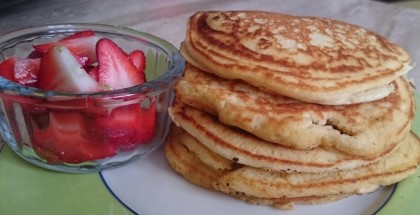

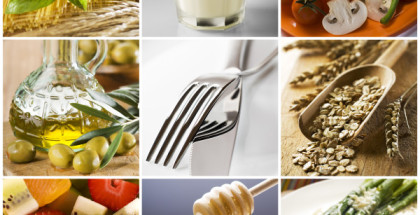
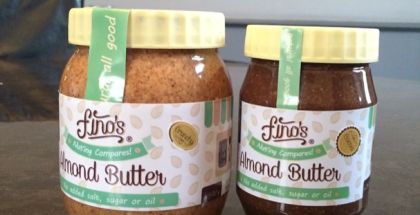













Submit a Comment